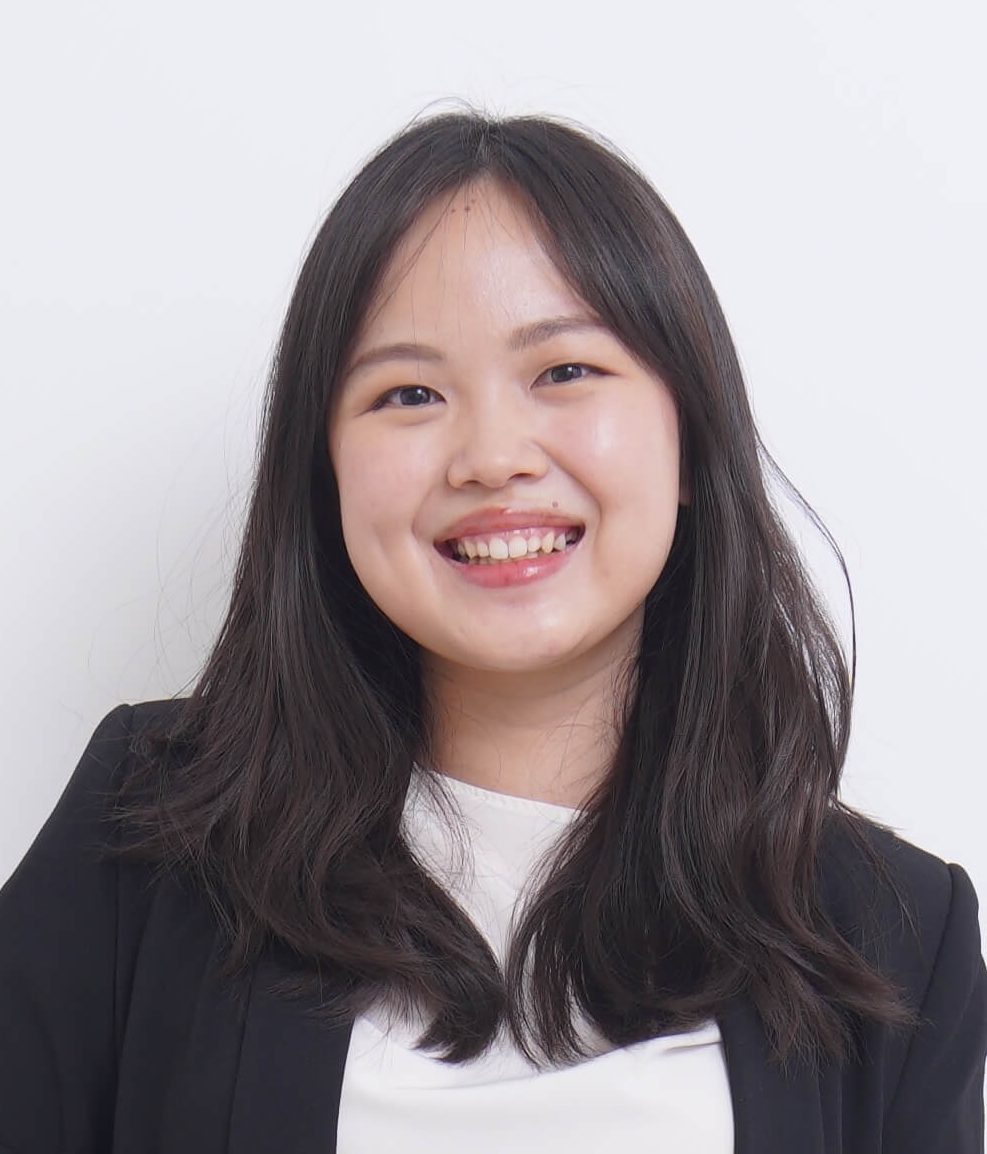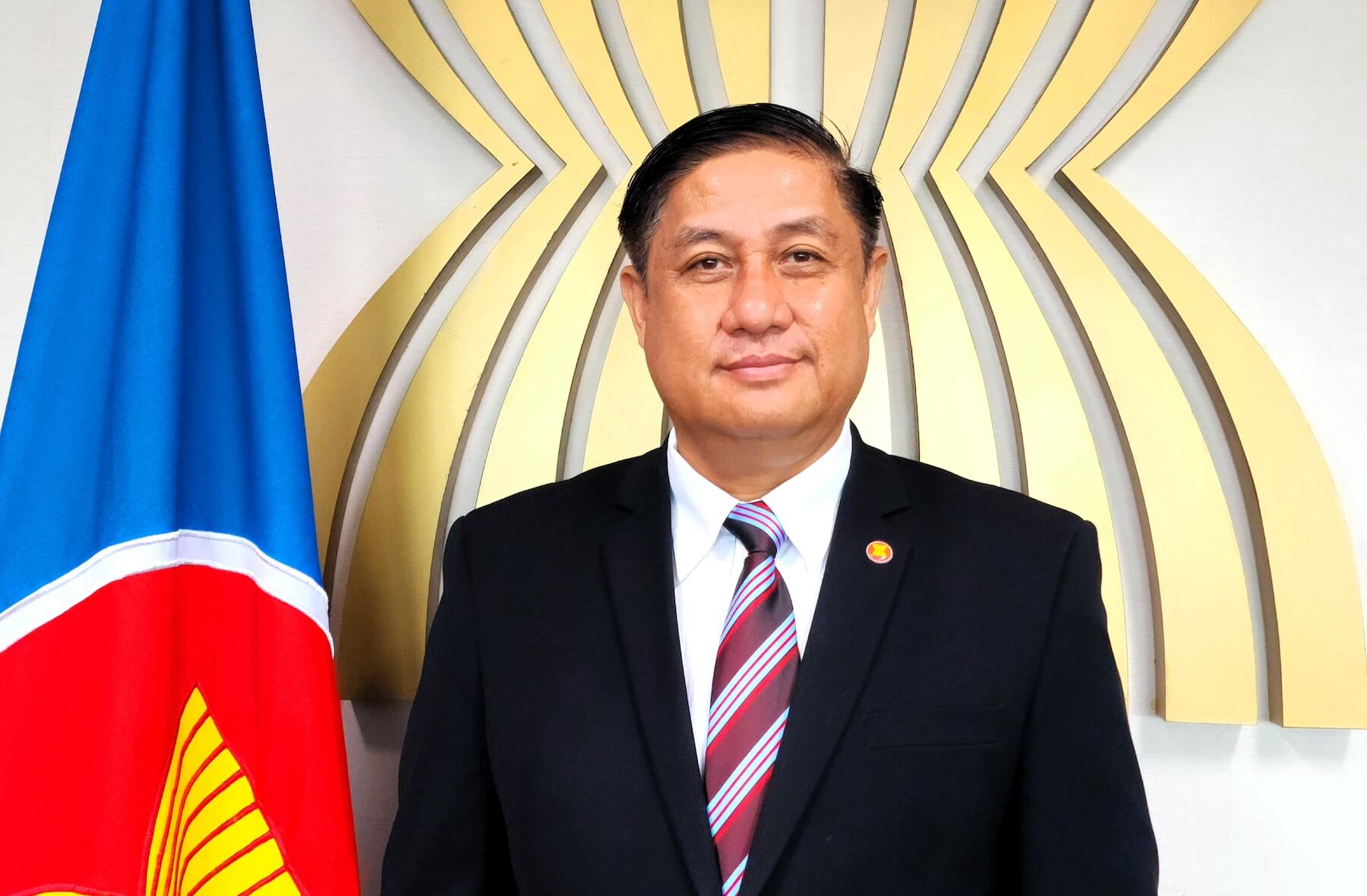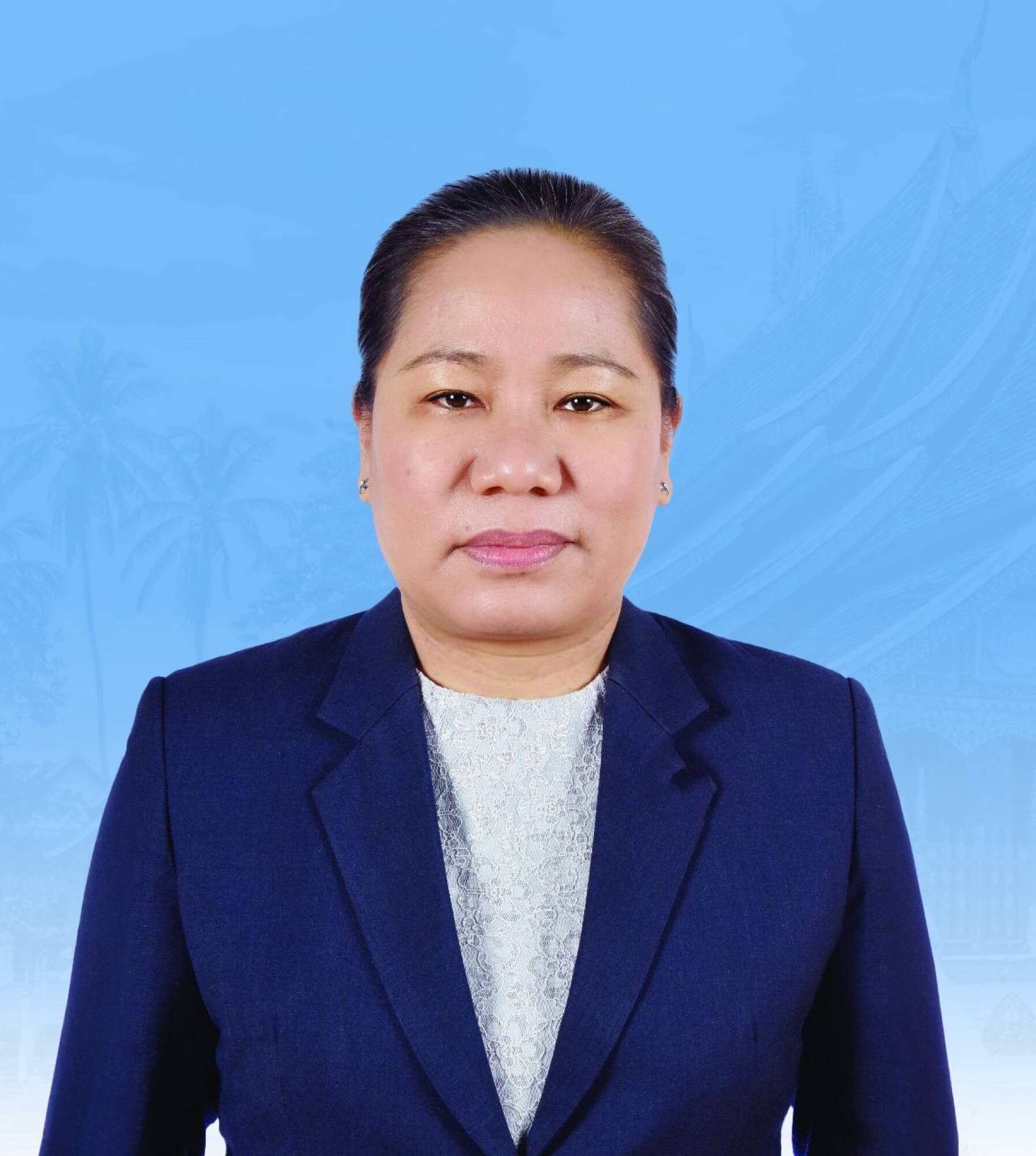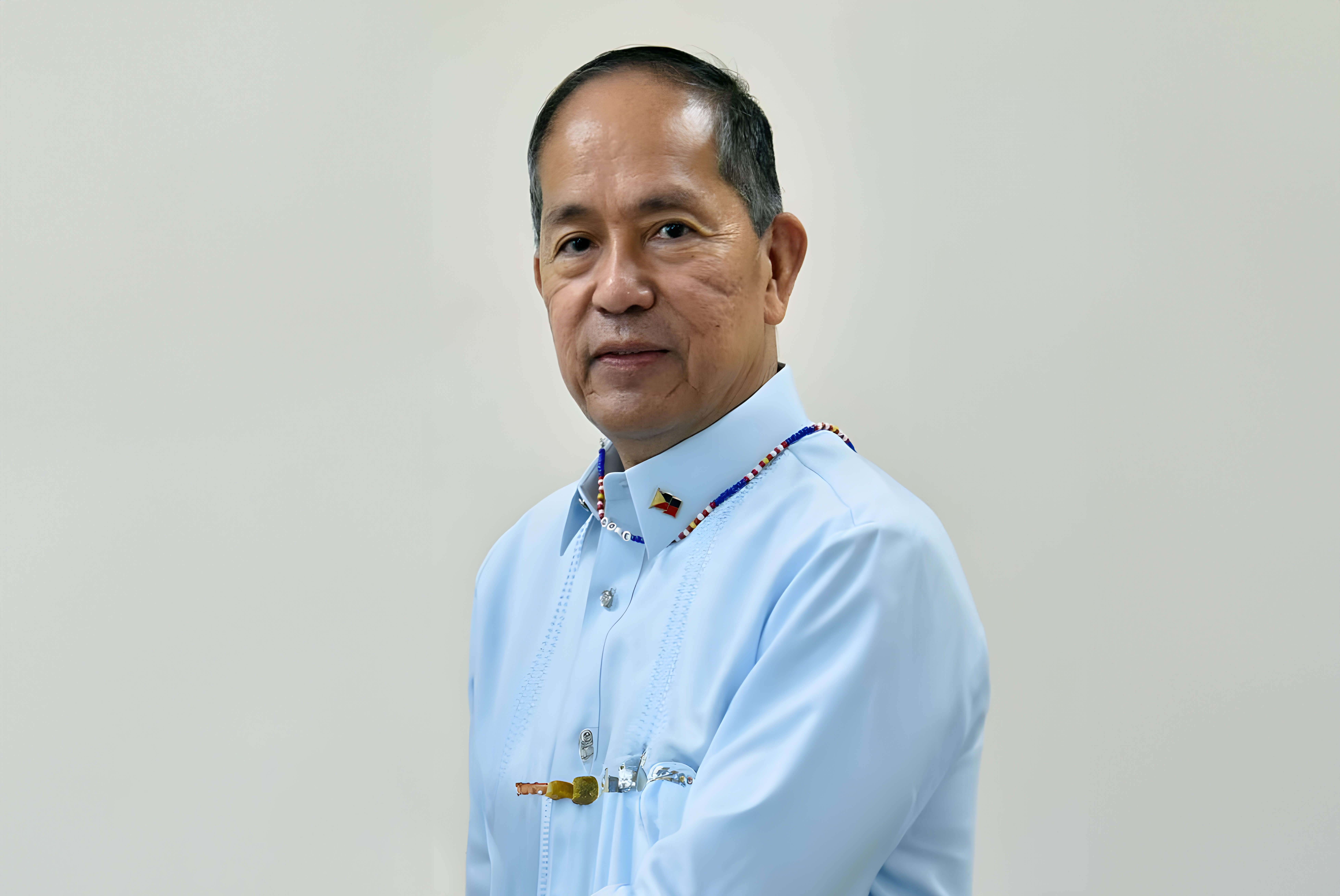



Born into a family of weavers, Viengkham Nanthavongdouangsy learned the craft at an early age. Through her passion for weaving and dedication to maintain the family legacy, she became a master weaver and a leading fashion designer in Lao PDR. She has also published several books on Laotian textiles and weaving culture.
Vientiane-based Viengkham established her own house of Lao textile and fashion named KHANG in 2015, through which she employs and empowers more than 30 women weavers while promoting Laotian textiles to the global market. She has received international recognition for her designs.
Viengkham has been working closely with weaving communities across ASEAN, participating in events such as TENUN Fashion Week and ASEAN-Korea Fashion Week. Her work is currently on display in the Lao Pavilion at the ongoing World Expo 2020 in Dubai.
“Weaving has been passed on in my family from generation to generation. My mother taught me how to weave when I was six years old and since then, I have never stopped weaving. Weaving is part of my identity and it is also my family’s tradition and culture. In Lao, women used to be taught to weave to prepare themselves for adulthood. However, as a woman living in the city, I may say that I am the last generation that has been taught like this.
“Traditional woven textiles used to be used only in traditional clothing and most of the orders were for tailor-made pieces. Through opening KHANG, I have been trying to innovate with contemporary designs and colors that are more suitable to be worn daily. I had to modernize and improve the quality control to ensure high standards for all my products as we are expanding to the global market. This was quite a challenge for me in the beginning.
“The COVID-19 pandemic has accelerated the digital transformation and I needed to shift to online platforms for marketing and selling my products. In the beginning, our business was struggling, especially since most of my products are for export and tourists. We didn’t have a lot of domestic customers, so we tried to reach the domestic market and also started using Facebook to sell our products. I think in the future, businesses can be done in a hybrid way because we still need human interaction. I enjoy being in my gallery to chat with the customers and hear the feedback that they have for my products.
“I believe that education and life-long learning is very important. If I had stopped learning after I started earning money, I would not be able to be where I am now. That’s why I always encouraged young women to finish their education. At one time, we had more than 100 weavers with us and most of them were still young. I asked them to go to school and finish university while weaving with us in their spare time. Now, they have graduated from universities and continue to pursue their chosen career.
“Fashion trends move very fast but I choose to concentrate on slow fashion, valuable pieces that can last. Our work is sustainable as we have the techniques that we preserve. It is environmentally friendly due to the use of natural and organic ingredients for our textiles. It also promotes diversity and empowers women weavers.
“ASEAN is like a big family as we come from similar roots and have a similar culture. We have a close-knit weaving community in ASEAN. Before the pandemic, we used to take turns to go to different countries and learn about our respective weaving cultures. Networking is very important for us because together, we can grow faster.”








